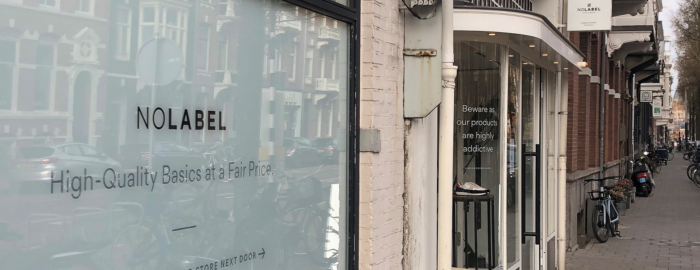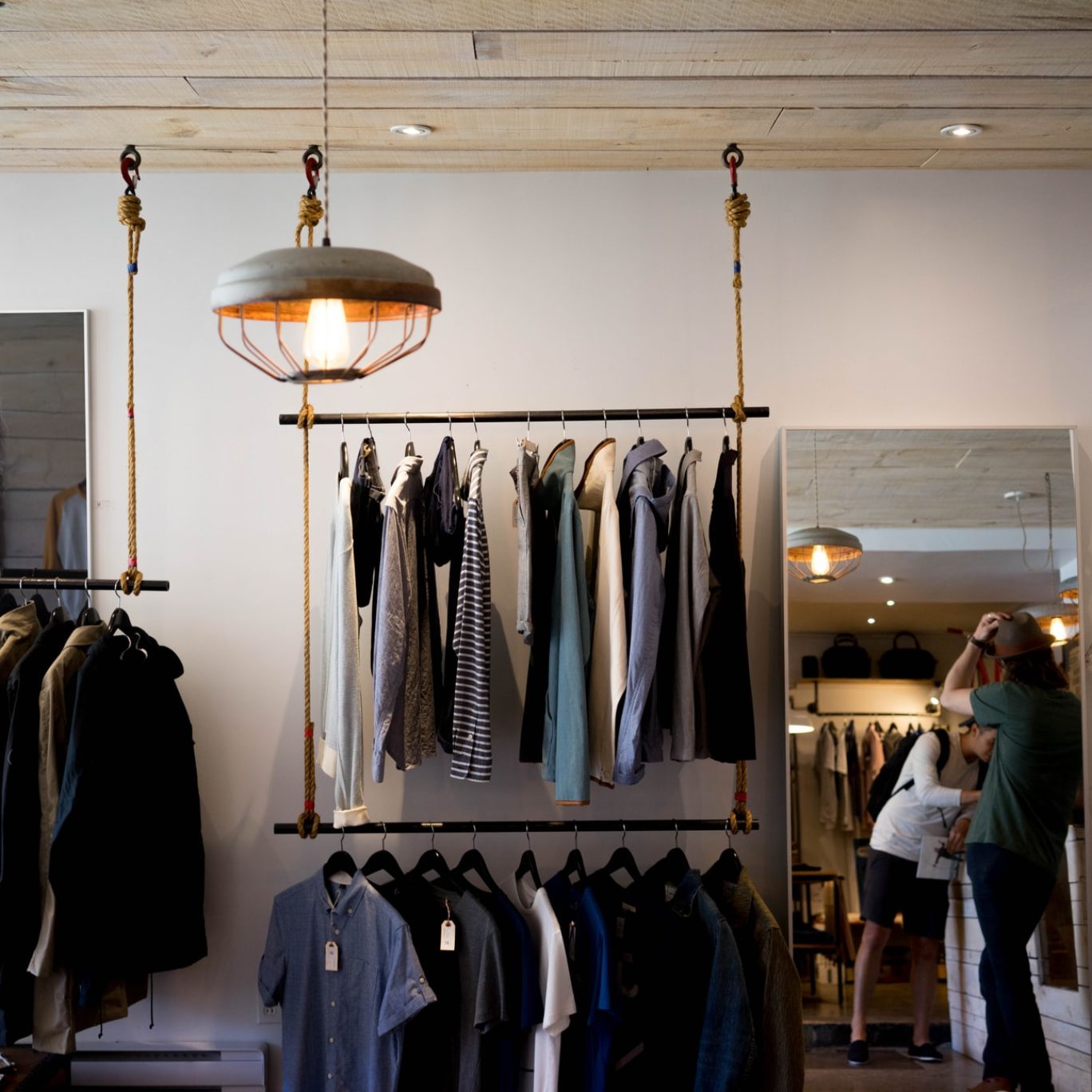Freely available
According to the trademark office, NO LABEL consists of two common English words. There is plenty of unbranded clothing that gets marketed in Europe, and the usual term is “Unbranded products” or “no-label products”. This type of description must be freely available to everyone and can’t be monopolised by one company. According to EUIPO, the European registration of NO LABEL was incorrectly issued in 2014.
No label for No Label
And so the NO LABEL trademark suddenly has no label in Europe. The European registration NO LABEL for clothing and the shop has been cancelled. The company still owns a Benelux trademark, but that too probably has no future after this decision. So what now? You can, of course, appeal, but does it make sense? Or you can invest in advertising and hope that your trademark acquires distinctiveness. But that’s a long and very costly route. To be honest, we don’t have an easy solution.

Textbook example
The NO LABEL case is a textbook example of the risks that entrepreneurs take when opting for a descriptive trademark. From a marketing perspective, it can be attractive to use a name that immediately tells the consumer a lot. However, if the name says too much and is just descriptive of the characteristics of the product or service, then you have a legal problem.

Not the first
NO LABEL is by no means the first company to have fallen flat on its face. Many brands are denied registry access every day because they are not distinctive. For example, Campina was not protected for the BIOMILD brand for yoghurt. Philips could not register ONE BLADE for razor blades, and Nestlé was rejected when it wanted to register the coffee brand PURE SELECTIONS.
Bas Kist
This article was previously published by Adformatie.



